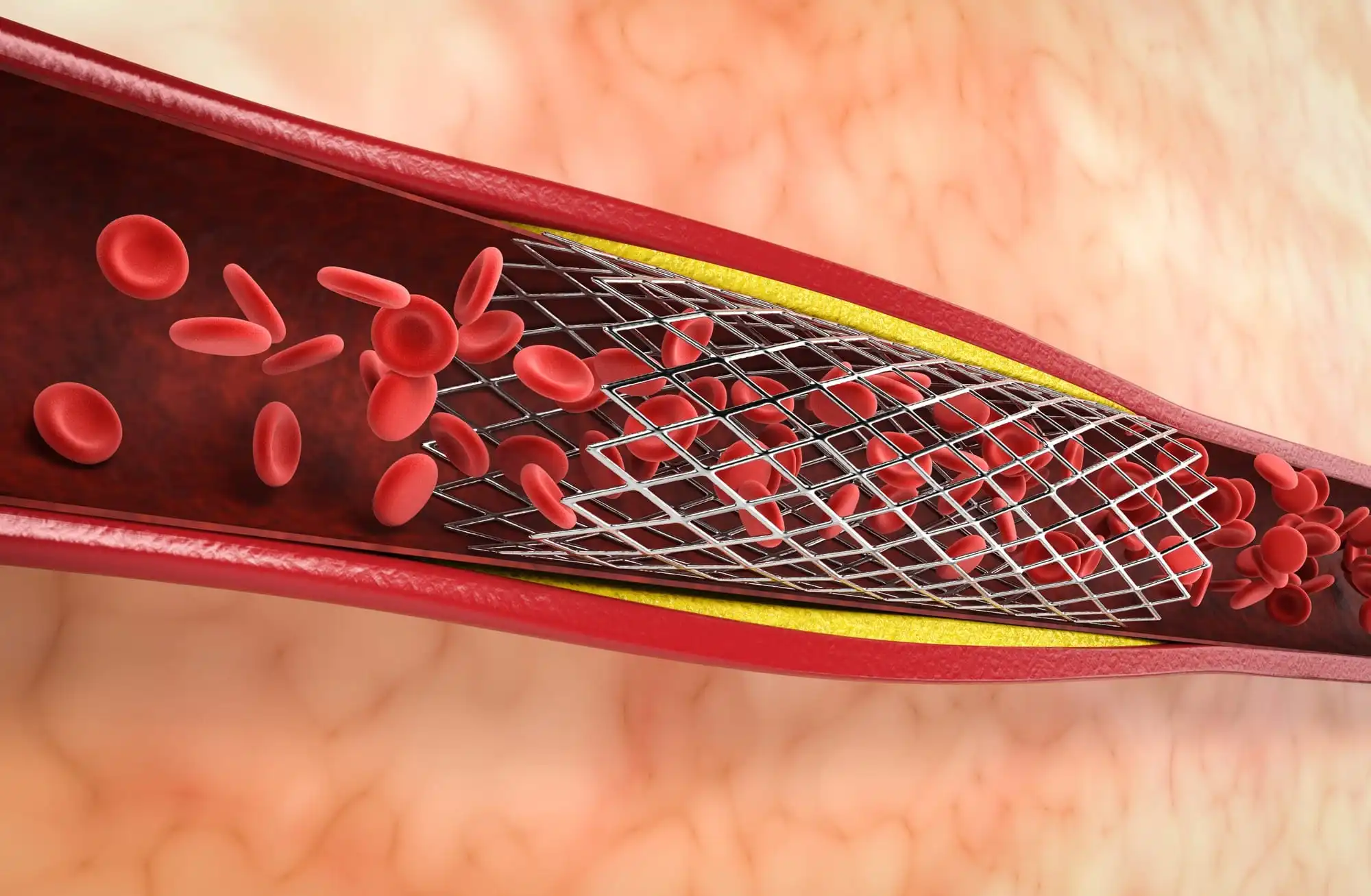Polycystic Ovary Disorder, commonly known as PCOD or Polycystic Ovary Syndrome (PCOS), is a prevalent hormonal disorder that affects women of reproductive age. It brings about an imbalance in reproductive hormones, leading to irregular menstrual cycles, fertility challenges, excessive androgen levels, the formation of multiple small cysts on the ovaries, and various other health issues.
To diagnose and manage this condition effectively, medical professionals rely on the PCOD profile test, a comprehensive diagnostic tool that analyzes various hormonal and metabolic markers in a woman’s body. In this article, we will explore the significance of the PCOD profile test and its impact on women’s health.
Understanding the PCOD Profile Test
Key Tests Included in the PCOD Profile Test
1. Luteinising Hormone (LH) Test
2. Follicle Stimulating Hormone (FSH) Test
3.Serum Prolactin Test
4. Free and Total Testosterone Test
Candidates for PCOD Profile Test
1. Irregular Menstrual Cycles, Hirsutism, and Obesity
2. Associated Conditions
3. Menstrual Irregularities and Abnormal Sexual Characteristics:
4. Fertility Issues
5. Anorchia, Premature Menopause, and Precocious Puberty
Preparation for the PCOD Profile Test
To ensure accurate results from the PCOD profile test, individuals are advised to make certain preparations:
Timing: The test is typically performed on the second or third day of the menstrual cycle to evaluate hormone levels accurately.
Fasting: Fasting for 8 to 12 hours before the test is often necessary to obtain precise glucose and lipid level assessments.
Medication: Inform the healthcare provider about any medications or supplements being taken, as they may interfere with the test results.
Medical History: Share your medical history, including any previous diagnoses, pregnancies, or relevant symptoms, with the healthcare professional conducting the test.
Final Thoughts
The PCOD profile test plays a vital role in the diagnosis and management of Polycystic Ovary Disorder. By analyzing hormonal and metabolic markers, it enables early detection and personalized treatment plans for affected women.
Understanding the significance of this diagnostic tool empowers women to take charge of their health, addressing any hormonal imbalances and related conditions promptly. Early identification and intervention can lead to improved health outcomes and a better quality of life for those dealing with PCOD.





